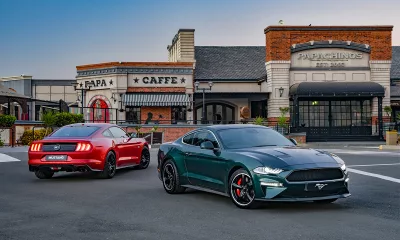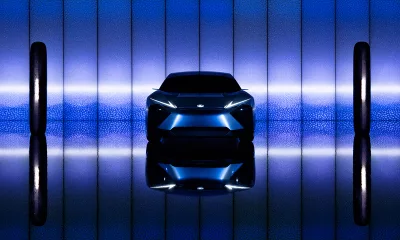The South African government has been criticised for lacking a concrete strategy to incentivise the move towards electric vehicles.
Notwithstanding the Eskom power-generation maladies, the taxation structure has not been amended to favour EV adoption as it has in many other countries. In fact, electric vehicles currently command a higher import tax than their combustion engined equivalents.
However, that could be set to change following the release of a Green Paper on the advancement of new energy vehicles in South Africa, by the Department of Trade, Industry and Competition (DTIC).
The Green Paper aims to “position South Africa at the forefront of advanced vehicle and component manufacturing”. It proposes a wide range of solutions, including the reskilling of factory workers and the adoption of more sustainable manufacturing processes, however it has not mentioned any concrete plan to incentivise EVs through lower taxes.
That said, the Green Paper does imply that tax reforms are under serious consideration after the manufacturers set out a “compelling business case” to the National Treasury to stimulate demand for New Energy Vehicles in South Africa.
“A standard rate per kWH could be used (e.g. the industry suggests an average rate of 2020 of 137 $/kWh) to reduce the price of an EV in aligning it to be closer to the price of an ICE vehicle, for a period of say five years in stimulating market demand for EVs,” the DTIC said in its draft Green Paper.
“Government has noted the need to synchronise such reforms with active localisation of production. In this way, the Ad Valorem tax could be used as the instrument to tackle the demand side”.
That said, government has noted the need to balance this with Treasury’s tax collection targets, which is of course where the problem might arise. However, it is considering balancing lower EV taxes with higher taxes for luxury internal combustion vehicles.
The bottom line is that although no concrete changes are in sight as yet, the DTIC does recognise the need to shift towards NEVs so as not to lose the country’s export market edge.

Interestingly, in 2020 fully-electric vehicles accounted for just 0,02 percent of South African vehicle sales (at just 92 units). South Africa currently has four all-electric vehicle ranges on sale (Mini Cooper SE, BMW i3, Jaguar I-Pace and Porsche Taycan), however this number is expected to grow significantly in the coming years. Affordability remains a challenge, with the least expensive EV currently costing R686 400, while most surpass the million rand mark. This could change in coming years, however, as batteries become cheaper. Experts predict that battery vehicles will reach cost parity with their internal combustion equivalents before the end of this decade.
The DTIC has invited comments on the ‘draft’ Green Paper, which can be submitted to the following e-mail address – [email protected] – until June 4.








